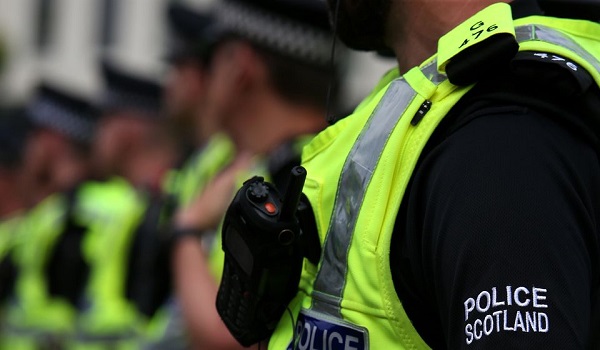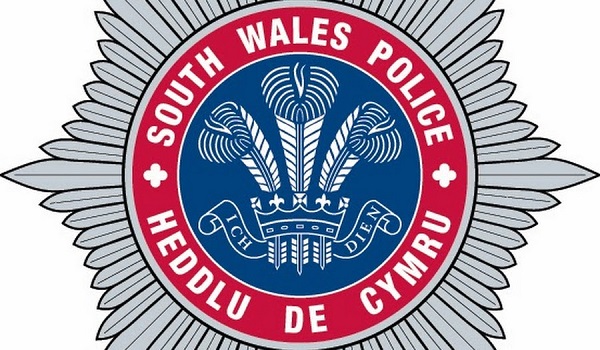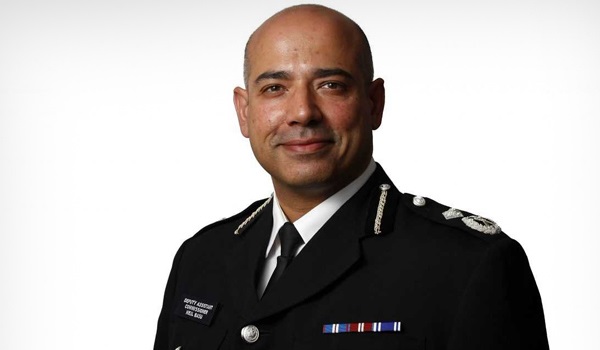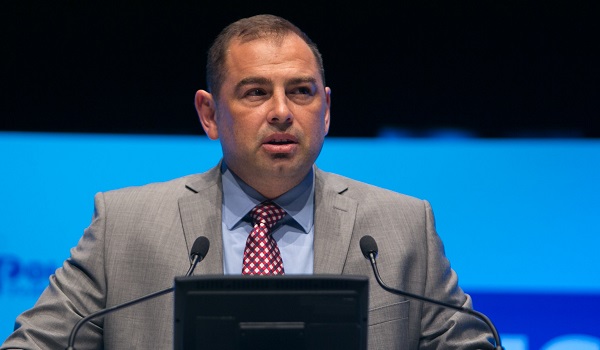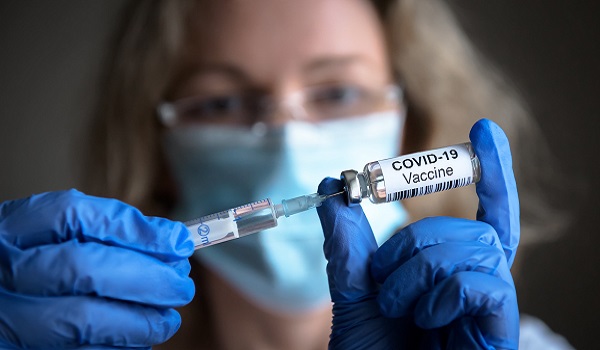Coronavirus costs Police Scotland almost £10m
Coronavirus has cost Police Scotland nearly £10 million since the outbreak began according to figures released ahead of a Scottish Police Authority (SPA) meeting due to take place today (May 20).
Most of the £9.48 million total has been spent on personal protective equipment (PPE). This accounts for £6.85 million of the total goods ordered as of Thursday May 7 – the day First Minister Nicola Sturgeon extended lockdown measures for a further three weeks.
A total of £2.89 million of supplies, services and ICT has been received by the force, with around £1.44 million of orders terminated. Overtime and time off in lieu for staff also forms part of the costs.
Up to April 29, Police Scotland had arranged for 827 employees to be tested, with 163 of those found to be positive.
The Policing Response to Covid-19 paper due to be discussed at today’s SPA meeting also highlights the results of legislation introduced as a result of the pandemic.
Since the Health Protection (Coronavirus) (Restrictions) (Scotland) Regulations 2020 and Coronavirus Act 2020 came into force on March 27, officers “across Scotland have engaged with individuals approximately 19,000 times”.
Around 90 per cent of those interactions resulted in no enforcement action being taken, with most of the rest resulting in the issue of a fixed penalty notice.
Between March 27 and 7am on April 23, Police Scotland issued 1,637 notices and made 78 arrests across the whole country.
The paper also highlights results from the Your Police Survey, which went live on April 9. Public confidence in Scottish policing sits at 66 per cent but has increased since the lockdown by around 20 per cent, according to the statistics.
The survey also suggests “one in two people fully support the approach taken by Police Scotland to handling the lockdown”, while the majority “(over 90 per cent) agrees with Police Scotland using new powers”.
One document ahead of the meeting comes from John Scott QC – a leading human rights lawyer commissioned by Chief Constable Iain Livingstone to lead independent, expert assurance of the use of the emergency powers.
It states: “Public messaging from constabularies in England and Wales has been, at times, contradictory and confusing, and some of that confusion has filtered through to Scotland. The approach of Police Scotland in public statements has been to emphasise ‘common sense’ as the key guiding principle rather than detailed guidance.
“The absence of detailed guidance in Scotland has no doubt prompted some questions here that may have been answered in England, and created particular difficulties for some, but Police Scotland has not had to issue the number of ‘clarifications’ that have been a feature of communications in England and Wales.”
Deputy Chief Constable Will Kerr said: “Community policing has a vital role to play as we all make the changes and sacrifices needed to protect the NHS and save lives. The emergency powers were introduced quickly by legislators and apply highly restrictive measures on personal freedoms.
“Police Scotland is acutely aware of our responsibility to exercise these extraordinary powers with the consent of the public. That is why the chief constable commissioned independent, expert, assurance led by leading human rights lawyer John Scott QC.
“We will continue to work closely with Mr Scott’s independent advisory group to better understand the effect of the emergency legislation in our communities, and help us to discharge our duties consistently and fairly.”
More than 11,000 frontline police officers and staff have been trained and equipped or resupplied with the necessary PPE. However, officers were not immune to the virus with the force expeiencing “increased levels of absence”. Absence levels peaked at 3,745 on March 29 and as of Thursday, May 7, the number of people reporting absent was 1,486.


